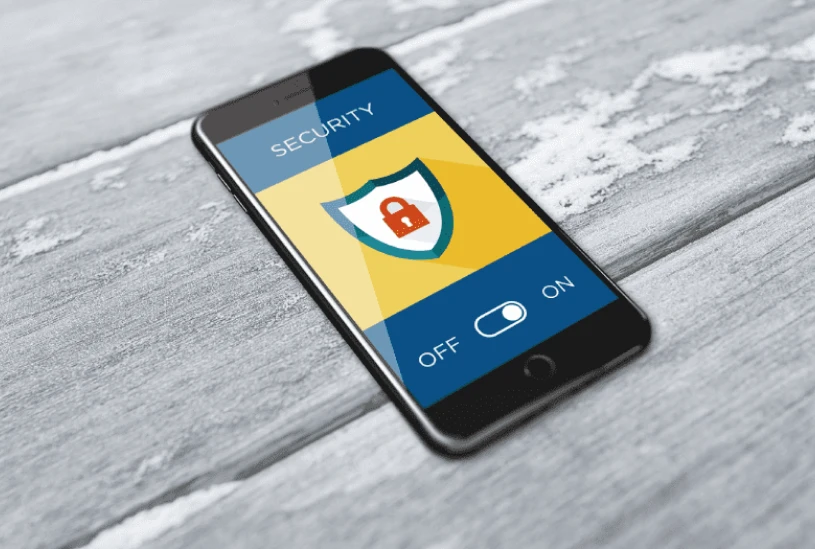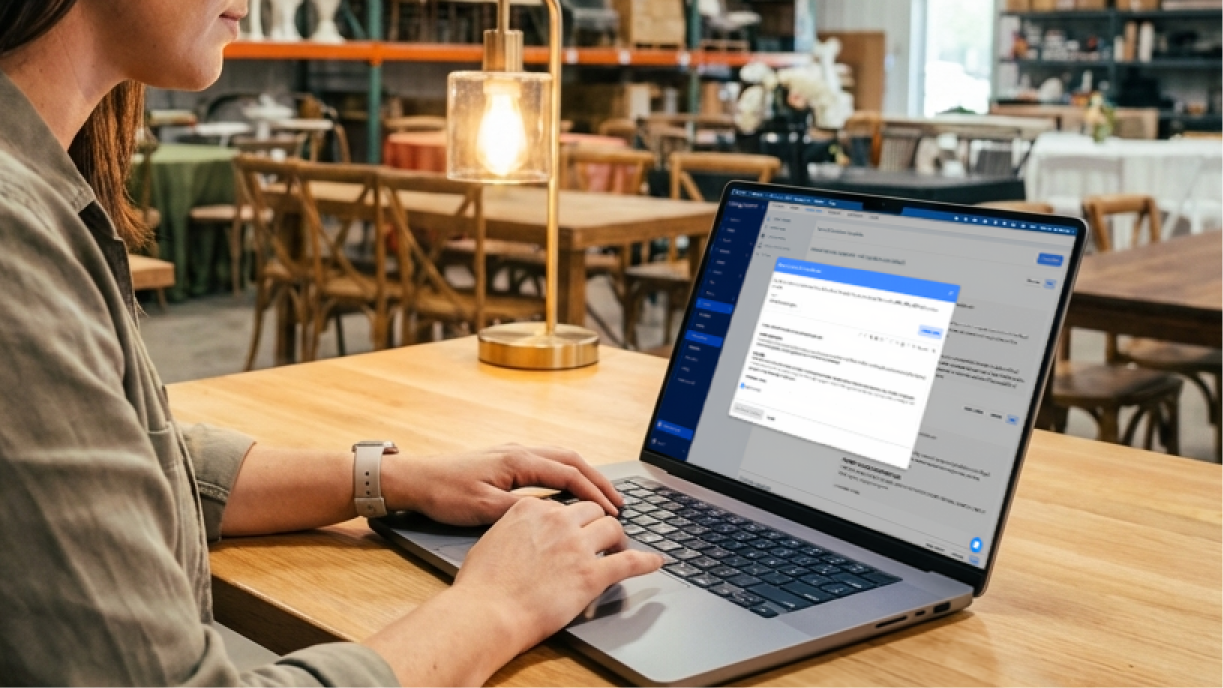Having an active web presence requires a balancing act between engagement and safety. While you need to carry out your various business and social tasks, it’s also important to keep a watchful eye out for threats to your security. Since the beginning of the COVID-19 pandemic, we’ve all found ourselves with more active digital lives than ever before– and the internet crime statistics show it.
Instances of credit card fraud, identity theft, misrepresentation, and phishing-type crimes have all skyrocketed according to the Federal Bureau of Investigation’s 2020 Internet Crime Report. It’s important to note that these statistics are only for reported crimes; it’s safe to assume there are more instances that have gone unreported.
Being active online requires vigilance, but there are some behaviors and tools you can adopt to keep help your information secure.
#1 – Antivirus Software
Antivirus software is one of those non-negotiable tools that everyone should have in their tool belt. Antivirus software helps you keep hackers at bay by protecting you from suspicious websites, scanning downloads before they become a threat to your system, and guarding you from other malicious attacks. While most antivirus software will protect you from incoming attacks, it’s vital to both keep your software up-to-date (so your antivirus software can protect against new threats) and to run full system scans on a regular basis to ensure you don’t pick up any viruses or malware— and if you do, to remove them promptly.
Popular picks: Norton 360, Bitdefender, McAfee Total Protection, and Malwarebytes (specifically for malware removal).
#2 – Password Manager
Password managers are one of those under-appreciated tools that can make a huge difference in your daily life. Not only do they help you keep track of your passwords, they can also generate random passwords for you to use in place of passwords you create on your own. This is huge in terms of security, as often the passwords we create on our own are guessable or reused across multiple sites— or both— while generated passwords are randomized strings of numbers, letters, and/or words.
Popular picks: 1Password, Norton Password Manager, Dashlane, Last Pass, and Keeper.
#3 – Don’t Open Suspicious Emails
We tell our children not to talk to strangers, as it’s hard to know whether or not someone is a bad person. A similar sentiment applies with email. If you don’t recognize an email, it’s best not to open it– and certainly don’t open any attachments or links from addresses you don’t recognize! That’s a sure way to invite viruses and malware into your system.
#4 – Don’t Click on Pop-Ups
Pop-ups are generally ads, but sometimes permissions, that show up while you’re browsing online. They can be used for both beneficial or malicious purposes, all dependent on their source. Luckily, most, if not all, modern browsers have the option to block pop-ups automatically. In the event that your pop-up blocker is disabled, it is recommended that you do not click these pop-ups, as they could be used to download adware or malware onto your computer.
#5 – NEVER Share Your Passwords
With anyone. Just don’t do it. If you share a password that you’ve re-used on multiple sites, you’re essentially giving that person access to all of the sites that use that password. If that person gets a virus or malware, all of your accounts that use that password are then compromised. The situation can get complicated in a hurry!
#6 – Choose Your Security Questions Carefully
I’ll admit it, I’m not a fan of standard security question options. Why? Questions like “What’s your mother’s maiden name” or “What’s the name of your high school” are easily discoverable via social media. While it’s possible to keep the information on your social media profile locked down, you’d be hard-pressed controlling what others put on their social media accounts. If you have the option to either make your own or choose from a more complicated list, try to pick something obscure.
Having an active digital life means constantly staying ahead of web-based criminals. While adding software can do wonders to protect you while you’re browsing, it’s important to use your common sense, too. If you don’t recognize an email or URL, don’t trust it. Getting pop-ups? Don’t click them, and turn your browser’s pop-up blocker on. Finally, don’t create holes in your system’s security by using passwords or security questions that can be easily figured out just by browsing you or your family’s social media accounts. Internet crimes are on the rise, so it’s imperative that you act today to guard your data and identity.






